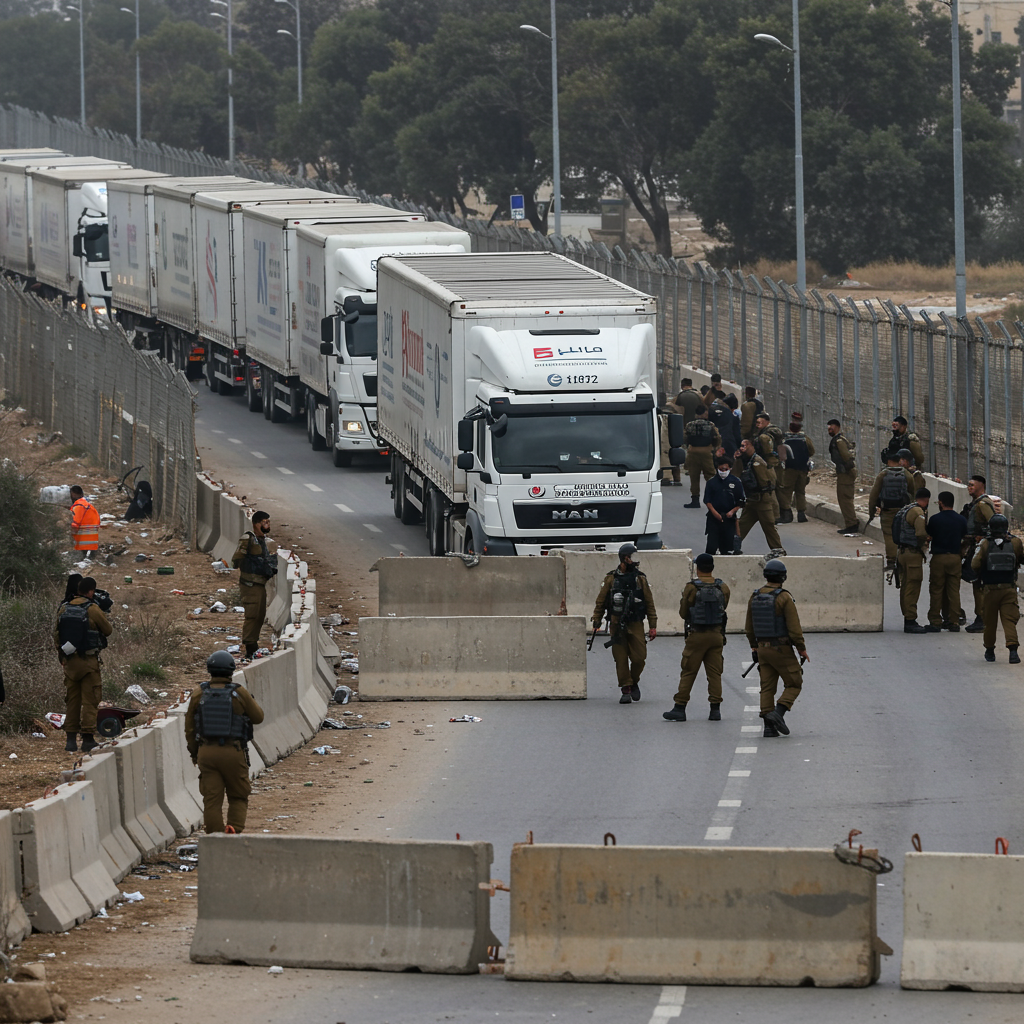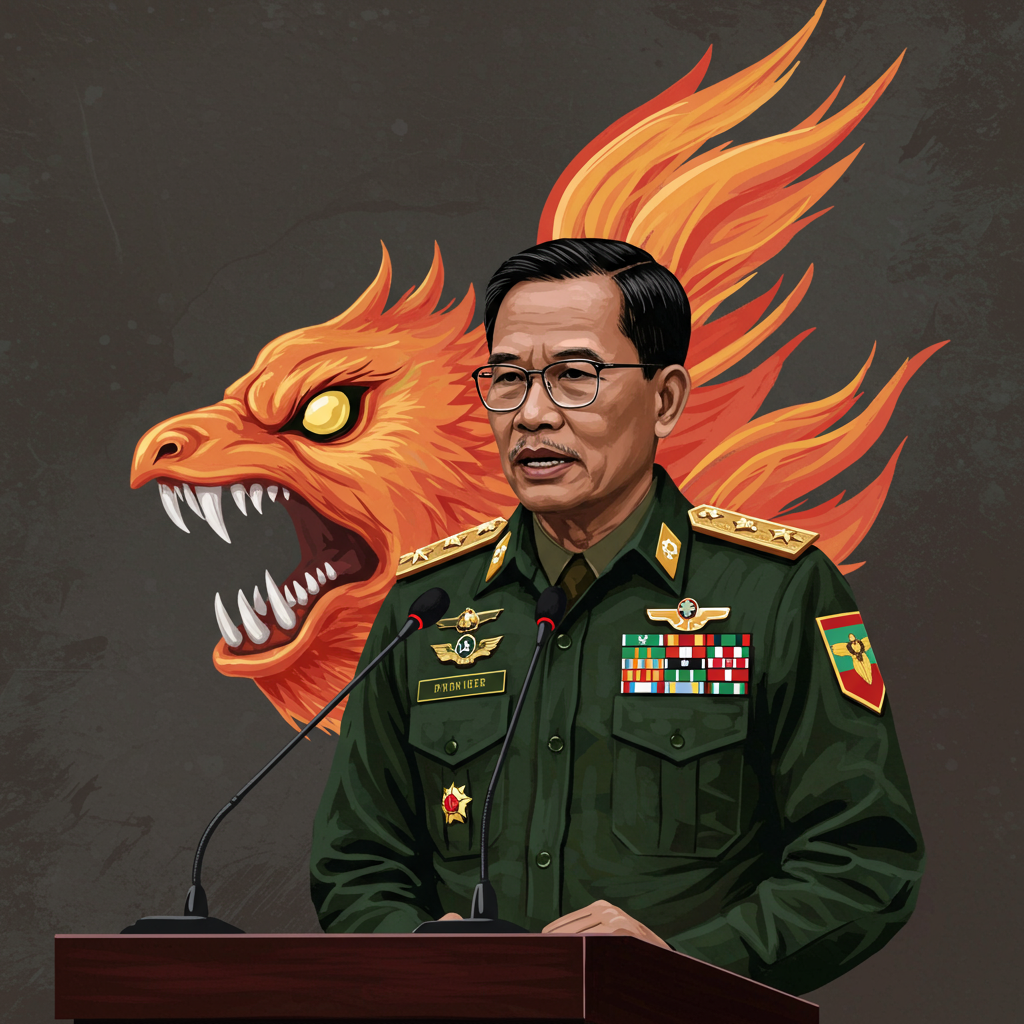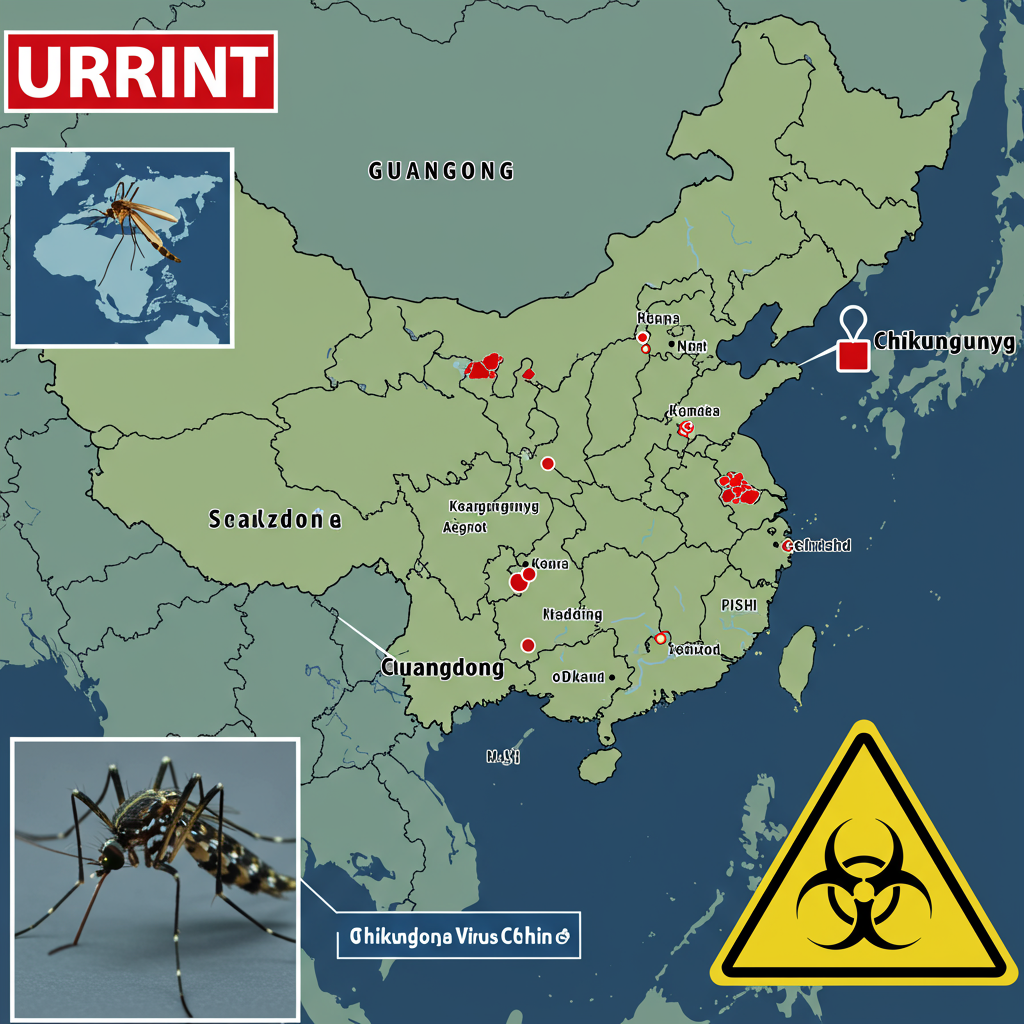Gaza Aid Crisis: Israel Halts Shipments Amid Conflicting Claims
Humanitarian aid deliveries into Gaza, a lifeline for its besieged population, have been temporarily halted by Israel. The decision comes as Israeli officials cite concerns that supplies are being diverted by Hamas, a claim strongly denied by influential Palestinian clans within the territory who assert they are providing necessary security for the convoys. This pause exacerbates an already dire humanitarian situation and highlights the complex, dangerous challenges surrounding aid distribution in the war-torn enclave.
Why Did Israel Halt Aid?
Israeli Prime Minister Benjamin Netanyahu and Defense Minister Israel Katz announced the temporary halt, specifically for aid entering northern Gaza. The pause, initially set for 48 hours, was ordered to allow the military time to develop a plan to prevent Hamas from seizing control of the assistance.
The decision followed the circulation of a video on social media showing dozens of masked men, some armed, riding on aid trucks. While Israeli officials pointed to this footage as evidence of Hamas theft, they also cited “new, unspecified information” suggesting the militant group was diverting aid intended for civilians.
The move also appears influenced by domestic political pressures. Hardline members within Netanyahu’s coalition have threatened to withdraw over aid deliveries, while political rivals, such as former Prime Minister Naftali Bennett who shared the video, have accused the government of allowing aid to fall into Hamas’s hands.
Clans Assert Their Role in Aid Security
Contrasting the Israeli narrative, Palestinian clans in Gaza have vehemently denied that Hamas is stealing the aid. The Higher Commission for Tribal Affairs, representing prominent clans in the territory, stated that the masked individuals seen on the trucks were providing security as part of an aid process managed “solely through tribal efforts.” They explicitly denied involvement from any Palestinian faction, including Hamas, which itself denied the Israeli allegations.
Clans, composed of extended families, are a fundamental and influential part of Gazan society. Throughout the nearly two-year conflict, they have stepped in alongside civil society groups and even political factions like Fatah to help secure aid convoys. Amjad al-Shawa, director of an umbrella body for Palestinian non-governmental organizations, supported the clans’ explanation, stating the aid they protected was being distributed to vulnerable families. A representative of the Gazan clans, Abu Salman Al Moghani, framed their actions as necessary to “prevent the aggressors and the thieves from stealing the food that belongs to our people,” suggesting a need to guard against looting and diversion amidst the chaos.
Interestingly, some reports indicate that the aid featured in the contentious video did ultimately reach warehouses and was distributed to residents, potentially undermining the Israeli claim that the masked men were solely focused on theft.
A Fragmented and Dangerous Aid Landscape
The dispute over the latest aid shipments occurs within a broader, deeply troubled context of humanitarian assistance in Gaza. Access to food and basic supplies remains acutely scarce following the Israeli military campaign, which has displaced the vast majority of Gaza’s two million inhabitants. Aid trucks and warehouses have frequently been looted, often by desperate and starving Palestinians struggling to survive.
Israel has consistently accused Hamas of stealing aid for its fighters or to sell, an accusation Hamas denies. However, the challenges extend beyond this contested claim. The United Nations human rights office has strongly condemned the situation, referring to the “weaponization” of aid distribution as a potential war crime under international law. They highlight the perilous conditions faced by Gazans seeking food, noting hundreds of fatalities among those attempting to reach aid sites since various distribution mechanisms began operating.
Seeking aid has become incredibly dangerous. Palestinians risk their lives navigating Israeli military zones or gathering at distribution points. Incidents of deadly Israeli fire near aid sites have been repeatedly reported, including recent events that killed dozens. Even Palestinian security units, like the Sahm police unit which has attempted to guard aid convoys and prevent looting, have reportedly been targeted in Israeli strikes.
The current aid distribution landscape is complex and fragmented, involving various actors including UN agencies, NGOs, local committees, private contractors like the US-backed Gaza Humanitarian Foundation (GHF), and now increasingly, the clans. Israel has expressed a desire to bypass the UN system, which it accuses of allowing Hamas access to aid – a claim the UN and other aid groups reject.
Ongoing Conflict and Humanitarian Toll
The conflict, triggered by Hamas’s deadly attack on Israel on October 7, 2023, which killed nearly 1,200 people and resulted in 251 hostages being taken, continues to exact a devastating toll. Israel’s military response has killed over 56,000 Palestinians, the majority civilians, according to the Gaza Health Ministry (figures that do not distinguish between combatants and civilians). The violence persists daily, adding to the immense suffering and making the reliable and safe delivery of humanitarian aid more critical – and more challenging – than ever before. As of this report, 20 hostages remain captive, and Hamas holds the bodies of 30 who have died.




